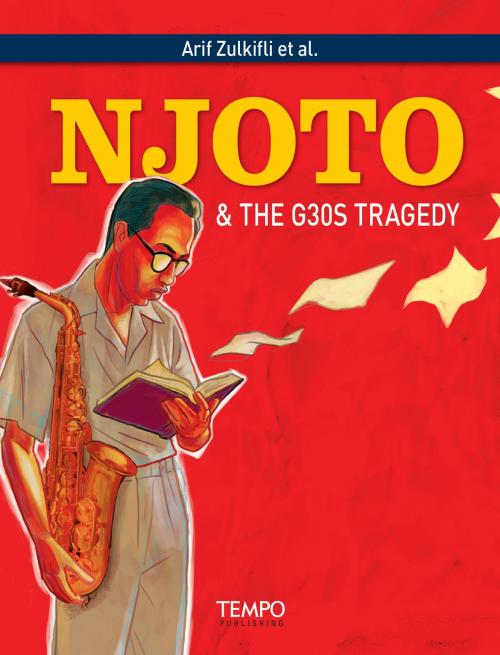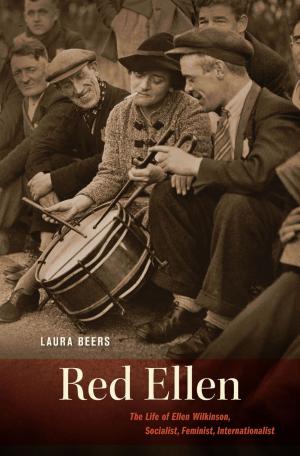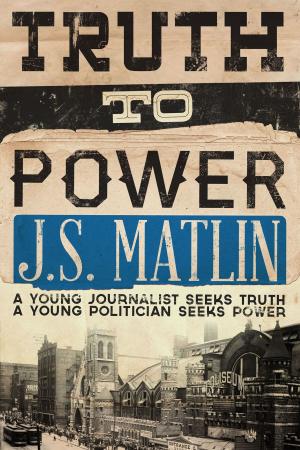| Author: | Arif Zulkifli et al. | ISBN: | 9781301765652 |
| Publisher: | Tempo Publishing | Publication: | September 2, 2013 |
| Imprint: | Smashwords Edition | Language: | English |
| Author: | Arif Zulkifli et al. |
| ISBN: | 9781301765652 |
| Publisher: | Tempo Publishing |
| Publication: | September 2, 2013 |
| Imprint: | Smashwords Edition |
| Language: | English |
He was different from communists in general. He was well-dressed and a good violinist and saxophonist. He enjoyed symphony music, went to theater shows and wrote poetry that conveyed more than mere “populist” and “fighting-spirit” themes. He removed The Old Man and the Sea—the film based on the novel by Ernest Hemingway—from the list of western movies banned by the Indonesian Communist Party (PKI). He comprehended Marxism and Leninism but did not regard everything “capitalist” as an enemy.
He was Njoto, a PKI leader on the other side of the history of the September 30 Movement of 1965. Apart from New Order books that incriminate all PKI members in the incident, most historians have found no involvement of Njoto in this revolutionary action. Njoto was indeed no longer within the inner circle of PKI Chairman Dipa Nusantara Aidit by the time of the 1965 crisis. He was sidelined for being too close to President Sukarno.
But the “official” history of 1965 shows, no communists were “half sinful” and “totally sinful”. In the eyes of soldiers, the victors of the struggle, there were only communists or non-communists. Therefore, sinners had to be exterminated. Njoto was among them. He was abducted and was never seen again. No traces of his death were found.
Writing about Njoto, 44 years after the 1965 tragedy, is an attempt to avoid being dragged into the indiscriminate-killing logic. PKI was not a whole entity. History has always kept distinctive individuals. Njoto is one of them.
He was different from communists in general. He was well-dressed and a good violinist and saxophonist. He enjoyed symphony music, went to theater shows and wrote poetry that conveyed more than mere “populist” and “fighting-spirit” themes. He removed The Old Man and the Sea—the film based on the novel by Ernest Hemingway—from the list of western movies banned by the Indonesian Communist Party (PKI). He comprehended Marxism and Leninism but did not regard everything “capitalist” as an enemy.
He was Njoto, a PKI leader on the other side of the history of the September 30 Movement of 1965. Apart from New Order books that incriminate all PKI members in the incident, most historians have found no involvement of Njoto in this revolutionary action. Njoto was indeed no longer within the inner circle of PKI Chairman Dipa Nusantara Aidit by the time of the 1965 crisis. He was sidelined for being too close to President Sukarno.
But the “official” history of 1965 shows, no communists were “half sinful” and “totally sinful”. In the eyes of soldiers, the victors of the struggle, there were only communists or non-communists. Therefore, sinners had to be exterminated. Njoto was among them. He was abducted and was never seen again. No traces of his death were found.
Writing about Njoto, 44 years after the 1965 tragedy, is an attempt to avoid being dragged into the indiscriminate-killing logic. PKI was not a whole entity. History has always kept distinctive individuals. Njoto is one of them.















